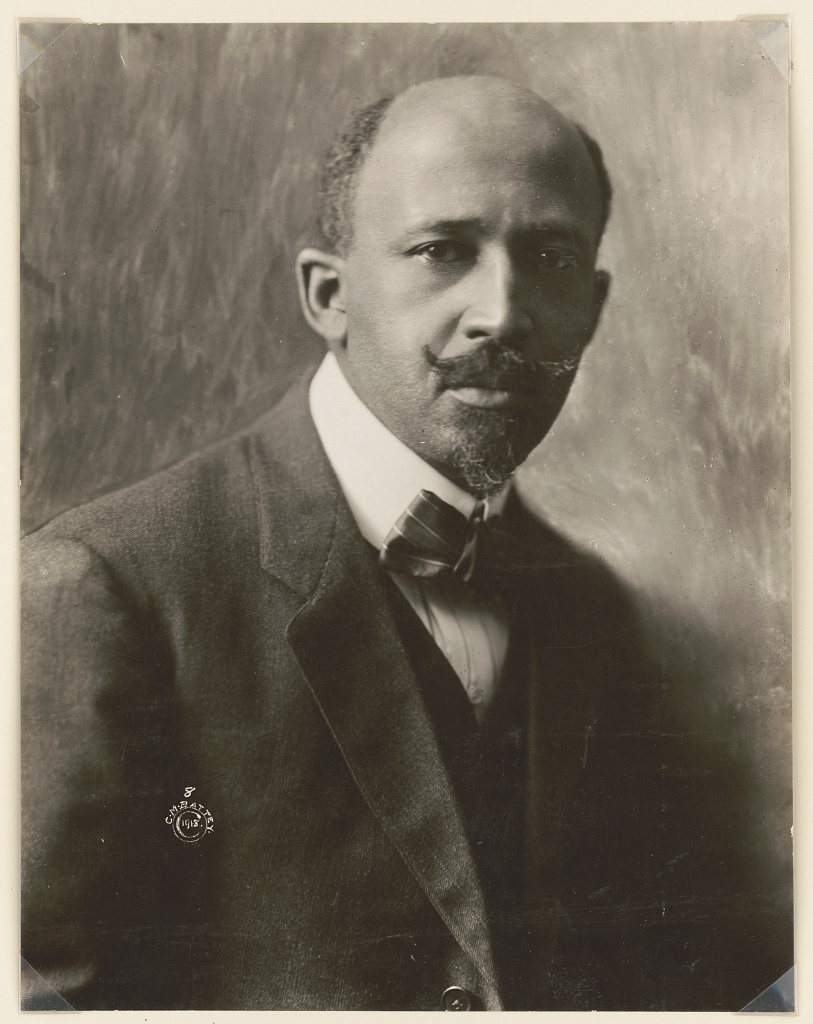W.E.B. Du Bois knew what was up. also like his letter about not voting in the 1956 election
Joseph Stalin was a great man; few other men of the 20th century approach his stature. He was simple, calm and courageous. He seldom lost his poise; pondered his problems slowly, made his decisions clearly and firmly; never yielded to ostentation nor coyly refrained from holding his rightful place with dignity. He was the son of a serf but stood calmly before the great without hesitation or nerves. But also—and this was the highest proof of his greatness—he knew the common man, felt his problems, followed his fate. Stalin was not a man of conventional learning; he was much more than that: he was a man who thought deeply, read understandingly and listened to wisdom, no matter whence it came. He was attacked and slandered as few men of power have been; yet he seldom lost his courtesy and balance; nor did he let attack drive him from his convictions nor induce him to surrender positions which he knew were correct. As one of the despised minorities of man, he first set Russia on the road to conquer race prejudice and make one nation out of its 140 groups without destroying their individuality. His judgment of men was profound. He early saw through the flamboyance and exhibitionism of Trotsky, who fooled the world, and especially America. The whole ill-bred and insulting attitude of Liberals in the U.S. today began with our naive acceptance of Trotsky’s magnificent lying propaganda, which he carried around the world. Against it, Stalin stood like a rock and moved neither right nor left, as he continued to advance toward a real socialism instead of the sham Trotsky offered.
—W. E. B. Du Bois, On Stalin



